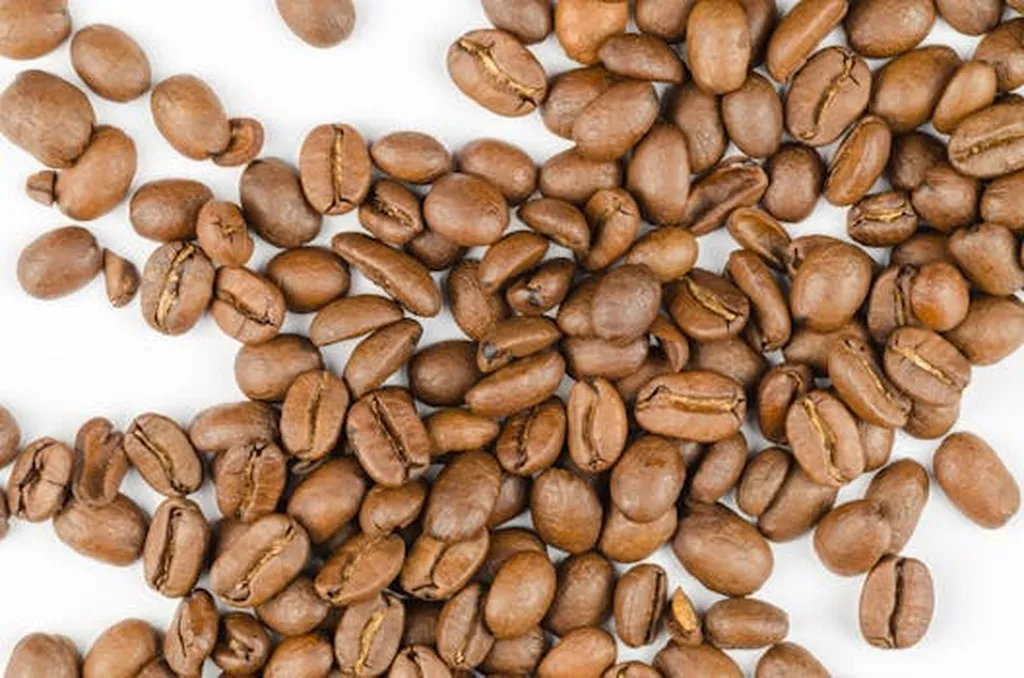In the rolling landscapes of Brazil’s coffee heartlands, a technological revolution is brewing, one that could reshape how we monitor and manage one of the world’s most beloved crops. Researchers have developed a novel approach to map coffee production stages using a combination of satellite imagery and advanced machine learning techniques. This breakthrough, led by Taya Cristo Parreiras from the Graduate Programme in Geography at the State University of Campinas (Unicamp), Brazil, promises to enhance the precision and efficiency of coffee cultivation, with significant implications for the agricultural sector.
The study, published in the journal ‘Remote Sensing’ (which translates to ‘Remote Sensing’ in English), addresses a critical challenge in modern agriculture: the increasing variability in coffee plantations due to climate-resilient practices. “Farmers are adopting new techniques to boost productivity and mitigate the impacts of climate change,” explains Parreiras. “However, this variability makes it difficult to monitor and map coffee cultivation accurately.”
To tackle this issue, Parreiras and her team employed a dense time series of data from the Harmonized Landsat Sentinel-2 (HLS) satellites, which provide multispectral imagery with an average revisit time of just three days. This high-frequency data was combined with ensemble learning approaches, specifically Random Forest (RF) and Extreme Gradient Boosting (XGBoost) algorithms, to classify coffee pixels and identify their respective phenological stages.
The results were impressive. The researchers achieved unprecedented sensitivity and specificity for coffee plantation detection, consistently exceeding 95%. The classification of coffee phenological stages also showed high accuracy, with balanced accuracies ranging from 77% to 95% for different stages. “This framework provides a scalable solution to monitor climate-resilient coffee management practices,” says Parreiras.
The commercial impacts of this research are substantial. By enabling more precise monitoring of coffee cultivation, farmers and agribusinesses can optimize their practices, reduce waste, and increase yields. This is particularly important in the context of climate change, which is exacerbating the challenges faced by coffee producers worldwide.
Moreover, the approach developed by Parreiras and her team is not limited to coffee. The methodology can be adapted to other perennial crops, making it a versatile tool for modern agriculture. “This research opens up new possibilities for remote sensing and machine learning in agriculture,” says Parreiras. “It’s an exciting time to be in this field.”
As the world grapples with the impacts of climate change, innovations like this are crucial. By harnessing the power of technology, we can create more resilient and sustainable agricultural systems. The work of Parreiras and her team is a testament to the potential of these technologies and a beacon of hope for the future of coffee production and beyond.

